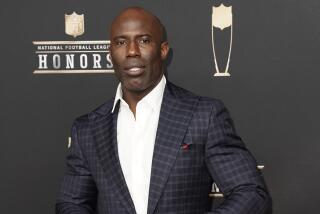General Mills abandons mandatory arbitration after consumer outcry
- Share via
General Mills Inc., maker of Cheerios and other grocery staples, has reversed a recent change to its online legal policy after an outcry by consumers.
The policy had been quietly updated last week to include terms under which any dispute with the company would have to be decided through arbitration, a change first reported by the New York Times last week.
Critics and legal experts said the new terms could cost consumers their right to sue in court if they merely “liked” General Mills’ social media pages, downloaded coupons from its website or entered any company-sponsored contests.
PHOTOS: World’s most expensive cities
General Mills initially criticized the media reports on the policy, saying they had mischaracterized it. The company also defended arbitration as “a straightforward and efficient way to resolve such disputes — and many companies take the same approach. We even cover the cost of arbitration in most cases.”
But the coverage set off consumer outcry on social media, eventually leading to the abrupt reversal Saturday.
In a blog post, the company apologized for and sought to assure consumers that interaction with the company online or in other ways would not preclude them from filing a lawsuit should a dispute arise.
“As has been widely reported, General Mills recently posted a revised set of legal terms on our websites. Those terms — and our intentions — were widely misread, causing concern among consumers,” a company spokeswoman wrote. “So we’ve listened — and we’re changing them back to what they were before.”
The brouhaha came in the wake of a number of lawsuits filed against food companies by consumers alleging misleading claims.
General Mills, for example, has been sued by two women who say it is marketing its Nature Valley products as “natural” even though they contain processed and genetically engineered ingredients. The company last year agreed to an $8.5-million settlement with consumers who said the firm made misleading health claims about some of its Yoplait yogurt.
More to Read
Inside the business of entertainment
The Wide Shot brings you news, analysis and insights on everything from streaming wars to production — and what it all means for the future.
You may occasionally receive promotional content from the Los Angeles Times.











